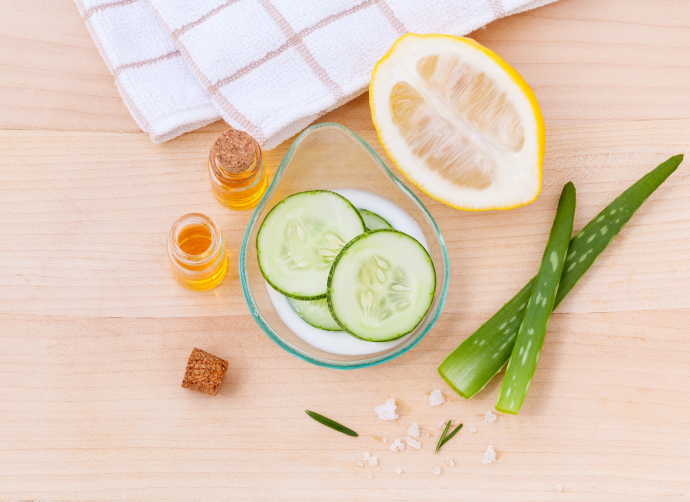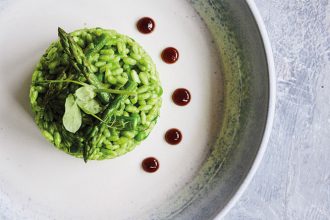Beauty is definitely more than skin deep. It is an alarming thought that, on average; women in Britain are apparently ‘hosting’ 515 cosmetic chemicals a day!
Your skin is your largest organ and is your most important immune defence barrier as well as your largest organ for eliminating waste. Whatever you put on your skin will be absorbed into your body and will affect your health and sense of well-being. Some chemicals used in shampoos, dyes, and other personal care products “may be playing havoc with hormones that control reproduction and development.” Advise the EPA.
Ever since 1938 – when the FDA granted self-regulation to the cosmetics industry – products can be marketed without government approval of ingredients, regardless of what tests show. Many of the 25,000 chemicals used in skincare and makeup have not been tested for long-term toxic effects. The fact is, no one really knows how certain chemicals affect us over time, or how they react in our bodies in combination with the other daily products we are using.
So, how can you become wise to these chemicals within products and switch your skincare to a more natural routine?
1 – Keep your eye open for parabens
There has been a lot of discussion over the past few years about parabens, but what exactly are they, what harm can they do and how do you recognise them?
Parabens come in the form of butylparaben, ethylparaben, isobutylparaben, methylparaben, or propylparaben, to name but a few. You’ll find them in most mainstream high street beauty and cosmetic products and they are used predominantly as a preservative.
Some Paraben-Free Brands
- Aveda
- Jason Organics
- ApiNourish
- Faith in Nature
- Salt of the Earth (Deoderant)
2 – Don’t be fooled by the labels
And that definitely applies to skincare too. Read the labels and know that the ingredients are listed in the order of the largest amount first. Check, not just for parabens, but also parfum. Parfum is a concoction of chemicals that are all branded under the one general title. While these ingredients may include essential oils and synthetic fragrance, they can also legally include ingredients that have nothing at all to do with aroma, such as phthalates and preservatives. Shockingly, current UK cosmetic legislation allows over 200 different chemicals to be covered by the listing ‘Parfum’.
“Remember that the most powerful thing as a consumer is to know exactly what you consume” Susan Hay – Editor of Thrive Magazine
3 – Choose certified organic
Look for the soil association symbol on the label. Soil association have developed the Cosmetics Organic Standard, which is managed by a non-profit organisation with an objective to safeguard the welfare of the environment and of people. Also to ensure that consumers have clear and transparent information with regards to cosmetics.
4 – Make your own
Make your own skincare products using herbs and plants from the hedgerows or gardens. James Wong has an incredible book called ‘Grow your own Drugs’ which has a number of remedies and skincare solutions that you can make.
Also try this invigorating Lemon & Thyme body rub:
1 cup kosher salt
1/2 cup pure organic almond oil the zest of one lemon
2 teaspoons fresh thyme, leaves stripped from the stems.
Pour the salt into a clean, sterilised container with a tight-fitting lid. Add the lemon zest and thyme. Pour the almond oil over top and screw the lid on tightly.
To use, just give the jar a stir to mix the oil and salt together, and scrub away in the shower! The scrub will keep for up to 6 months stored in an airtight container at room temperature.
Recipe supplied by Laura Carpenter – Medical Herbalist
Article written for The Ark by Susan Hay – Editor of Thrive Magazine










